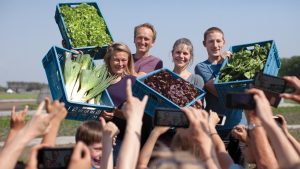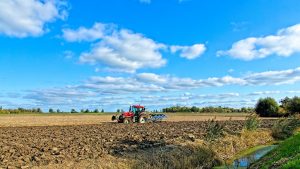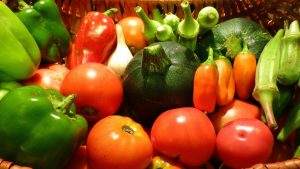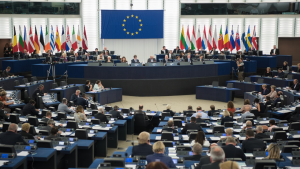
Chéry Faso: direct fair trade with African women
“The first time I got off the bus in Boni, the driver looked at me strangely,” recalls Trui Rachels. But the residents of this village in Burkina Faso immediately agreed to work with her. This is how Chéry Faso came about: a non-profit organisation that tells the real story of African mothers through pure shea butter. Trui is happy to share her experiences.










